
It's Windows 7 -- not Windows XP -- that's to blame for the spread of WannaCry ransomware
It’s been a week since the WannaCrypt/WannaCry ransomware cyber attacks began, and the repercussions are still being felt. It became clear quite early on that the ransomware was hitting older Windows systems hard (Windows 10 wasn’t affected), with a lot of talk focusing on the number of at-risk Windows XP systems still in service.
But here’s the interesting thing. Most of the affected systems -- over 98 percent -- were actually running Windows 7.
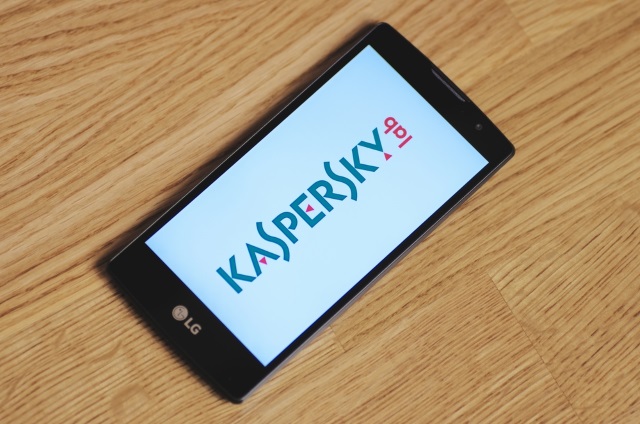
US government is reviewing whether to use Kaspersky software, because Russia
Mention the US and Russia in the same sentence and the mind naturally wanders to three things. Firstly, the alleged links between the Trump administration and Russia, secondly whether or not the FBI investigation of these alleged links led to the dismissal of Comey, and thirdly whether or not Russia interfered with the US election.
But now the US government is reviewing whether or not to continue to use Russian-made security software from Kasperksy. Defense Intelligence Agency director Vincent Stewart says "we are tracking Kaspersky and their software." He does not elaborate or give reasons, but there have been -- as yet unsubstantiated -- claims that Russia has been using Kaspersky software to spy on America. The director of the NSA is "personally involved" in monitoring the company.
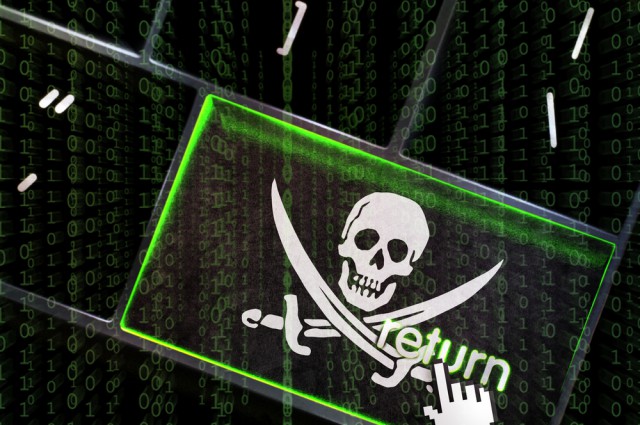
Malware creators reuse decades-old code
Security researchers from Kaspersky Lab and Kings College London have uncovered similarities between Turla attacks from 2011 and 2017 and an ancient advanced persistent threat that was used two decades ago to launch an attack against the US government's network.
The researchers (Juan Andres Guerrero-Saade and Costin Raiu from Kaspersky Lab and Thomas Rid and Danny Moore from Kings College London) have taken logs of Moonlight Maze, an attack that happened in the late 90's, from a now retired IT admin whose server has been used as a proxy to launch the attacks.

Criminals able to empty ATMs using remote admin attacks
Back in February of this year researchers at Kaspersky Lab uncovered a series of mysterious fileless attacks against banks where criminals were using in-memory malware to infect banking networks.
A recent investigation into a Russian bank ATM, where there was no money, no traces of physical interaction with the machine and no malware, has thrown further light on this activity.

Almost 40 percent of industrial computers face cyber attacks
In the second half of 2016 Kaspersky Lab products around the world blocked attempted attacks on 39.2 percent of protected computers that it classifies as being part of industrial enterprise technology infrastructure.
The study from the Kaspersky Lab Industrial Control Systems Cyber Emergency Response Team (ICS CERT) also reveals that the top three sources of infection were the internet, removable storage devices, and malicious e-mail attachments and scripts embedded in the body of e-mails.
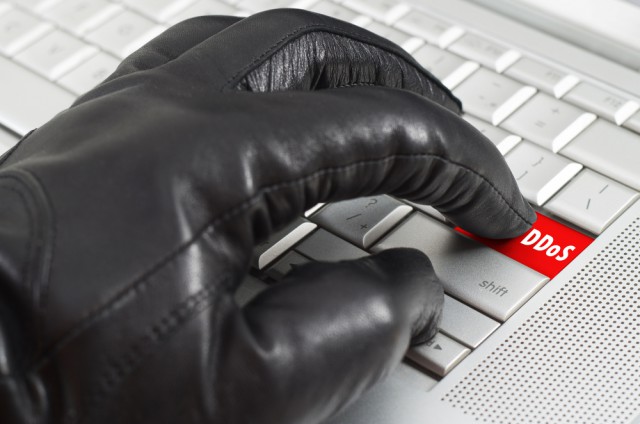
Uncovering the cost and profitability of DDoS attacks
DDoS attacks are a popular cyber criminal technique, used either to cause a distraction for a different crime or demand a ransom for calling off or not launching an attack.
New research from Kaspersky Lab reveals how profitable this activity can be. Researchers studied the DDoS services on offer on the black market and looked at how far the illegal business has advanced, as well as the extent of its popularity and profitability.

Kaspersky brings you the smell of malware
When your job is writing about technology you get used to receiving the somewhat off the wall ways companies come up with to promote their products.
Kaspersky's latest endeavour though had us scrambling for the calendar to check whether it was April 1st, as the company is launching a fragrance. Described as 'threatening yet provocative' the rather disturbingly named Threat de Toilette comes, like all the best scents, in pour femme and pour homme versions.
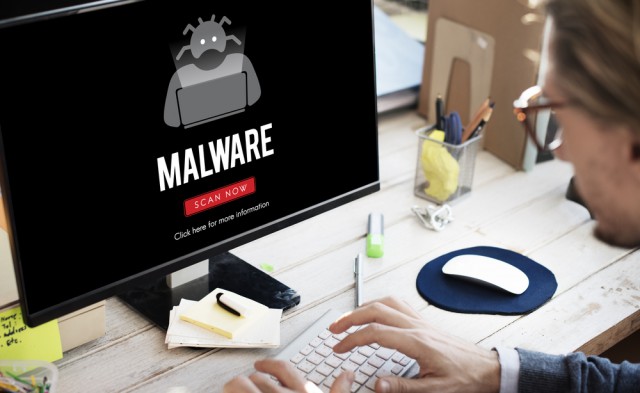
Kaspersky discovers StoneDrill wiper malware
Security researchers from Kaspersky Lab have found a very powerful malware, one which is capable of completely wiping the contents of a disk. Announcing the finding, the security company says the malware, which it dubbed StoneDrill, was found on just two machines so far, one in the Middle East, and one in Europe.
The researchers claim StoneDrill is both similar and "very different and more sophisticated" than another wiper malware -- Shamoon 2.0. They actually stumbled upon StoneDrill while investigating Shamoon 2.0.

Kaspersky launches 'secure operating system' -- with no trace of Linux in it
Every once in a while a major software company takes us by surprise by releasing an operating system of its own. Kaspersky has done just that with its new KasperskyOS, which is designed for control systems, Internet of Things devices, and network devices. The most intriguing thing about the 14-year project? It has no Linux underpinnings.
If you want to create your own operating system, basing it on Linux is an obvious choice. The open-source kernel is tried and true, after all, and best of all it's free, so if you want a solid foundation it is a great option. But, "for different applications and purposes," Kaspersky went a different route.

Kaspersky and ESET top the security charts
The way people access the internet is changing, with a shift towards portable devices, and that in turn has led to a shift in the software they use.
Independent testing company AV-Comparatives has conducted its annual survey focusing on which security products (free and paid) are employed by users, along with their OS and browser usage.

Kaspersky System Checker scans your PC for problems
Kaspersky System Checker is a free portable tool which scans your PC for a wide range of problems: malware, missing updates, poorly configured Windows or application settings, and more.
The program is just a checker, and doesn’t provide any way to directly fix the issues it finds, but sometimes just being pointed in the right direction is useful enough.

Kaspersky: DDoS attacks are a smokescreen
Distributed denial of service (DDoS) attacks make a lot of noise, and according to a new Kaspersky Lab report, that’s exactly what hackers are using them for.
As businesses are preoccupied with handling DDoS attacks, hackers use the opportunity for another, more targeted, and more deadly type of attack. Basically, DDoS is nothing more than a smokescreen. The conclusion comes in Kaspersky Lab’s report, which polled businesses about their cybersecurity experiences. More than half (56 percent) say DDoS is being used to cover something else.
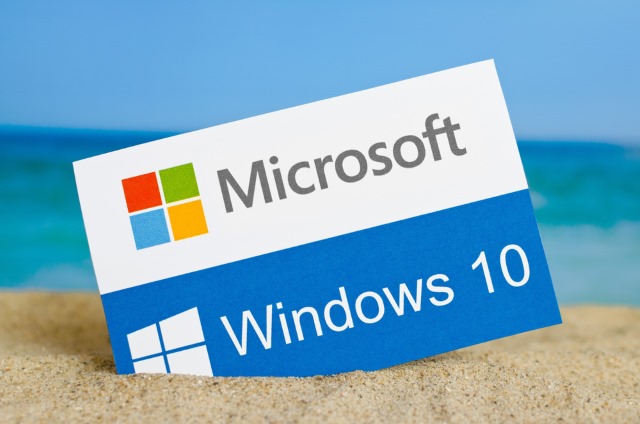
Furious Kaspersky is 'disappointed and dismayed' with Microsoft
Claims of anti-competitive behavior are incredibly common in the world of tech; Google finds itself on the defensive on just about a weekly basis. Microsoft is certainly no stranger to accusations of anti-competitiveness, most notably for bundling Internet Explorer in older versions of Windows. But now it's Microsoft's approach to security that's in the firing line.
Eugene Kaspersky (yes, that one: the Russian security expert and CEO of Kaspersky Lab) has fired a vitriolic tirade at Microsoft in which he complains about how Windows Defender works in Windows 10. Windows 10 has been lambasted for many reasons since it launched, and things are not really improving as we near the launch of Windows 10 Creators Update. Kaspersky is so furious about the way in which Defender operates that he has written a lengthy and bitter blog post entitled: "That's It. I've Had Enough!"

Kaspersky tells ransomware victims not to pay up
If your organization ever gets infected by ransomware (and there are good chances it will) it is better not to pay up because you probably won’t get your data back, even if you do pay the ransom.
This is according to a new report by security firm Kaspersky Lab, which urges organizations to instead report the incident to the authorities. It bases its conclusions on a couple of research results -- more than a third (36 percent) of organizations pay the ransom, but around 20 percent still don’t get their files back.

New study by Kaspersky shows computer risks to those over 55
It's probably no great secret that today's older generation has a flock of followers online that they largely do not want, who are trying to con them out of their money. Trying to take advantage of this generation is nothing new. In the past it was done door to door with scams such as "roofers" and "driveway repairmen".
Security company Kaspersky has done a study of internet users aged 55 and older and the results, while unsurprising, aren't particularly good.
